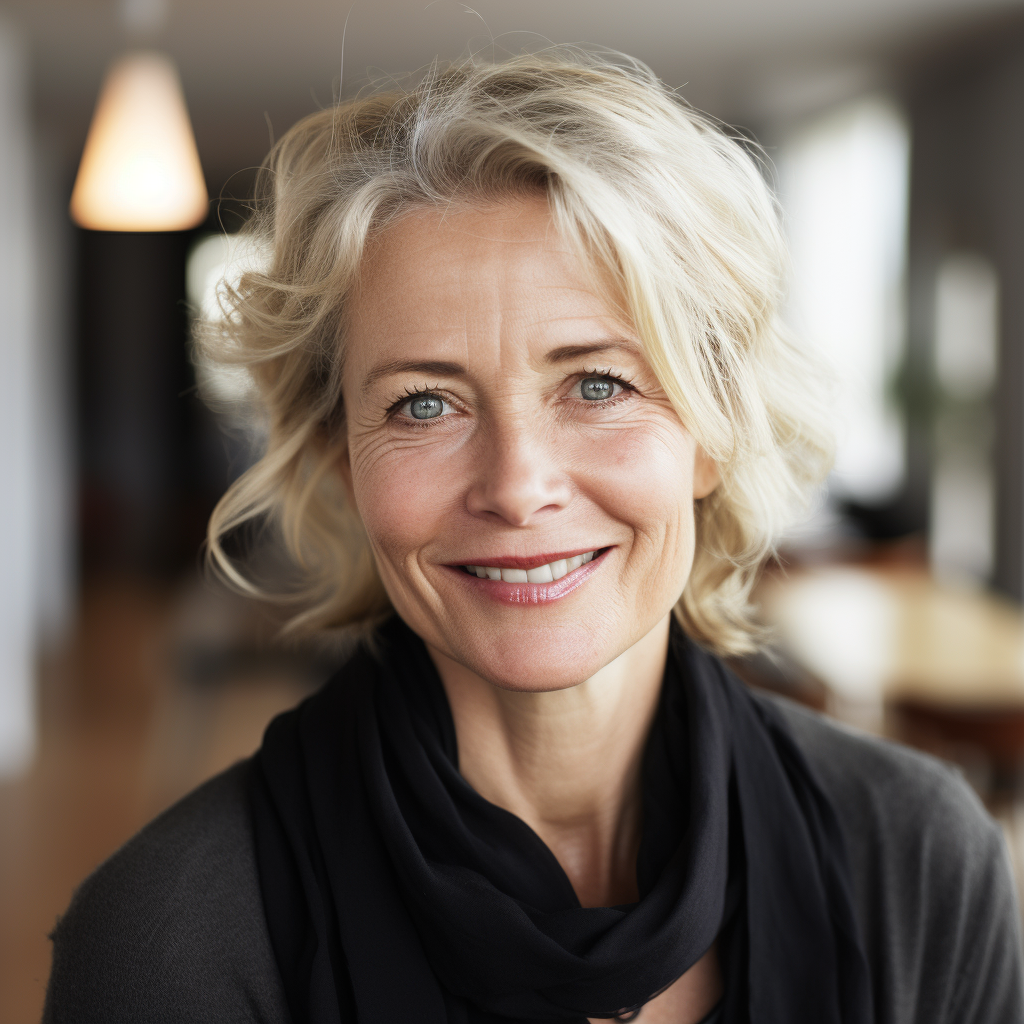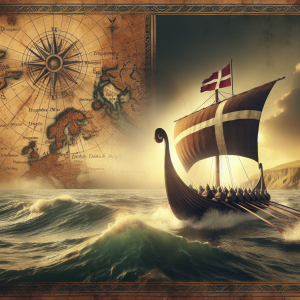As a proud Dane, I have always been fascinated by the uniqueness of the Danish political system. From its historical origins to its contemporary relevance, the Danish political culture is a testament to the country’s commitment to democracy and social welfare. In this article, I will take you on a journey through the cultural fabric of the Danish political system, shedding light on its distinctive features and offering valuable insights into its functioning.
A Historical Overview
The roots of the Danish political system can be traced back to the Viking Age, when the early forms of governance were tribal in nature. Over the centuries, the country evolved into a monarchy, with King Gorm the Old being recognized as the first ruler of a unified Danish kingdom. However, it was not until the signing of the Danish Constitution in 1849 that Denmark officially transformed into a constitutional monarchy with a parliamentary democracy.
The Danish Folketing
At the heart of the Danish political system lies the Folketing, the national parliament of Denmark. Consisting of 179 members, known as “Folketingetmedlemmer,” the Folketing plays a crucial role in shaping the country’s legislative agenda and overseeing the work of the government. The members are elected through a proportional representation system, ensuring that all political parties have a voice in the parliament.
- Proportional representation system ensures political pluralism
- Commitment to inclusivity and diversity in political representation
The Queen’s Role
Despite being a constitutional monarchy, the Danish queen, currently Queen Margrethe II, holds a largely ceremonial role in the political system. Her duties include the formal appointment of the Prime Minister and the signing of bills passed by the Folketing. While the monarchy continues to symbolize the country’s rich cultural heritage, the real power lies in the hands of the elected representatives.
The Welfare State Model
One of the defining features of the Danish political culture is its commitment to the welfare state model. The concept of “folkestyre” or people’s rule is deeply ingrained in the Danish ethos, with a strong emphasis on social equality and well-being. The welfare state provides a comprehensive social safety net, including universal healthcare, free education, and generous unemployment benefits.
- Universal healthcare ensures access to quality medical services for all citizens
- Free education promotes equal opportunities for all, regardless of socioeconomic background
- Generous unemployment benefits support individuals during periods of job loss or economic uncertainty
As a result, Denmark consistently ranks high on global indices measuring quality of life, happiness, and overall well-being. The welfare state model is a testament to the Danish commitment to social cohesion and collective responsibility, making it an integral part of the country’s political culture.
Consensus Politics
The Danish political culture is characterized by a tradition of consensus politics, where major decisions are reached through dialogue and compromise. This approach fosters a spirit of cooperation and pragmatism, enabling different political parties to work together in the best interest of the country. It is not uncommon for rival parties to form coalition governments, with the goal of achieving common policy objectives and addressing national challenges.
The Spirit of “Hygge”
One cannot fully grasp the Danish political culture without delving into the concept of “hygge,” a term that encapsulates the Danish way of life. “Hygge” encompasses a feeling of coziness, conviviality, and contentment, and it extends to the realm of politics as well. The emphasis on collaboration, inclusivity, and creating a harmonious environment mirrors the essence of “hygge” in Danish society.
The Role of Civil Society
Another key aspect of the Danish political culture is the active participation of civil society in shaping public policy. Denmark boasts a vibrant network of non-governmental organizations (NGOs), advocacy groups, and grassroots movements that contribute to the democratic decision-making process. From environmental conservation to human rights advocacy, civil society organizations play an influential role in shaping the national agenda and holding the government accountable.
Public Trust and Transparency
The Danish political system is underpinned by a strong sense of public trust and transparency. The government is committed to upholding the principles of openness and accountability, ensuring that citizens are well-informed about the decisions that impact their lives. This culture of transparency is reflected in the low levels of corruption and the high degree of trust in public institutions, making Denmark a beacon of good governance on the global stage.
Conclusion
In conclusion, the culture of the Danish political system is a multifaceted tapestry woven with the threads of history, social welfare, consensus politics, and civic engagement. The unique blend of tradition and modernity, typified by the principles of “folkestyre” and “hygge,” sets the Danish political culture apart and serves as a model for democratic governance. As a Dane, I take pride in the rich cultural heritage and progressive values that define the Danish political system, and I am optimistic about the country’s continued commitment to democratic ideals and social harmony.




